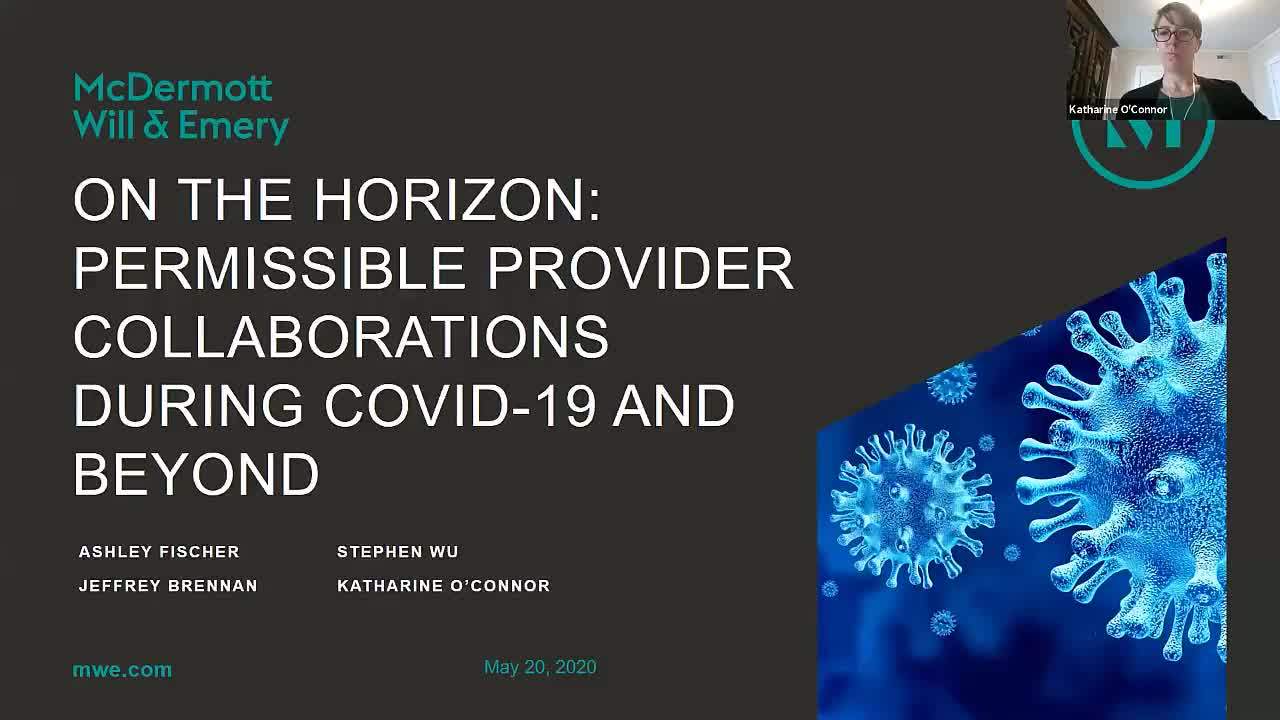WHAT HAPPENED
A three-judge panel from the US Court of Appeals for the Fourth Circuit overturned an executive’s bid-rigging antitrust conviction, holding that the district court erred in applying the per se standard to the executive’s alleged bid-rigging conduct.
The executive, Brent Brewbaker, rigged bids between his former employer, Contech, and its distributor, Pomona Pipe Products. The Fourth Circuit found that while Contech and Pomona both submitted competing bids for North Carolina Department of Transportation (NCDOT) projects, and Contech coordinated with Pomona to make Contech’s bids slightly higher priced, this conduct could not be deemed inherently unlawful under prior precedent because the entities had a manufacturer-distributor arrangement and were not simply direct competitors. In particular, the Fourth Circuit noted that manufacturer-distributor relationships such as the one between Contech and Pomona do not inherently lead to anticompetitive harm and may enhance competition.
Therefore, given the kind of relationship Contech and Pomona had, the Fourth Circuit held that the district court should have analyzed the conduct under the rule of reason to weigh the competitive implications of the parties’ agreement and conduct.
BACKGROUND
- Contech manufactured and sold aluminum products.
- Pomona distributed Contech’s aluminum products and was Contech’s exclusive dealer in North Carolina.
- NCDOT used a bidding process for aluminum structure projects throughout the state. These projects required both the aluminum product and the services to install the aluminum structures.
- Contech, Pomona and a third company were the consistent bidders for the NCDOT projects.
- When either Contech or Pomona won a bid for a project, each would fulfill its contract using the other’s supply or services. Pomona, therefore, served as Contech’s “dealer” with Contech supplying Pomona the aluminum it needed to use in the projects Pomona eventually won; vice versa, Pomona provided necessary services to Contech when Contech won a bid. Neither Contech nor Pomona could win a bid without the products or services of the other.
- In 2019, Brewbaker took charge of Contech’s bidding for these NCDOT projects and began intentionally submitting losing bids to enable Pomona to win by first asking for Pomona’s total bid price and then adding a markup to Contech’s bid price before submitting the bid to NCDOT.
- DOJ alleged that Contech and Pomona engaged in bid rigging because they directly competed against each other’s separate bids. Brewbaker and Contech were indicted for violating Section 1 of the Sherman Act and conspiracy to commit mail and wire fraud.
- Contech pleaded guilty to bid rigging and one fraud count.
- Brewbaker proceeded to trial, and the district court convicted him of bid rigging and five other fraud-related counts (which were not overturned by the Fourth Circuit), upon concluding that Contech and Pomona’s conduct fell squarely within the definition of antitrust “bid rigging” under Section 1 of the Sherman Act.
HOW THE DECISION WAS REACHED
- The Fourth Circuit explained that the rule of reason standard is the default framework used to scrutinize most business practices under the antitrust laws. It weighs [...]
Continue Reading
read more

 Subscribe
Subscribe

